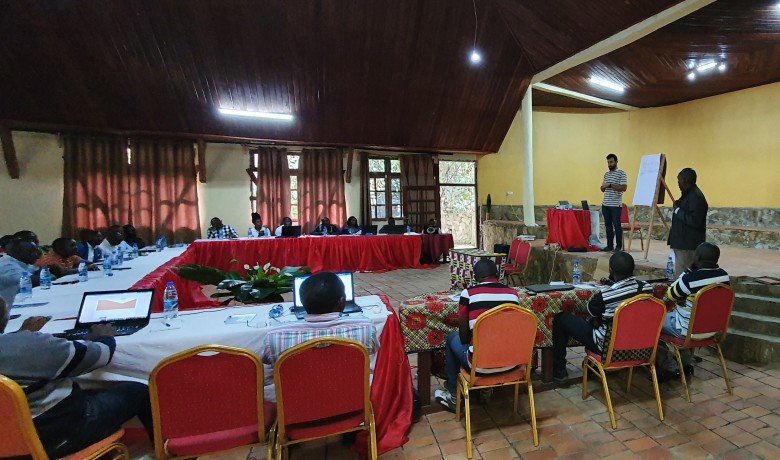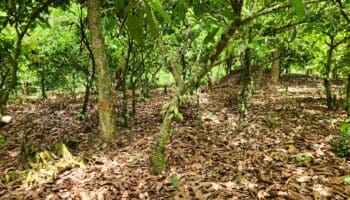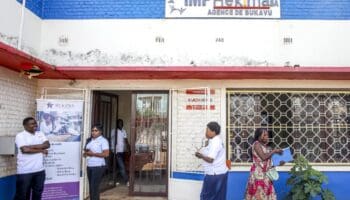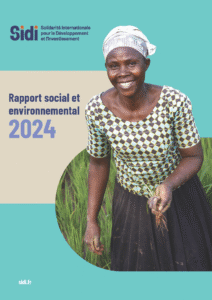
In Africa’s Great Lakes region, coffee is grown by small-scale producers to supplement their food crops. Income from coffee sales enables many families to pay their children’s school fees. To achieve this, the price of coffee must be sufficiently remunerative: this means producing quality coffee that can be valued at a price higher than world prices, and working within cooperatives that can provide access to fair trade and organic certifications and premiums.
SIDI finances several Arabica coffee cooperatives in the region: two in the Democratic Republic of Congo – MUUNGANO and CPNCK-, and three in Rwanda – ABAKUNDAKAWA, KOPAKAMA and BUHANGA. All of them are, or wish to be, in these gourmet, top-quality coffee markets.
SIDI has organized this workshop of experience sharing between theese partners, based on the support work carried out with some of them, in a context marked by a growing and necessary consideration of social and environmental issues.
Co-financed by the ACTES foundation and the SSNUP program (Smallholder Safety Net Upscaling – Luxembourg), the meeting brought together 35 people over three days on the island of Idjwi in the middle of Lake Kivu. It also provided an opportunity to bring together a number of players around the partner cooperatives to enrich the discussions and encourage future cooperation. Other cooperatives from the area were present, as well as players sharing a similar vision: buyers, institutions providing technical and/or financial support to cooperatives, consultants specializing in the coffee sector, and a representative of the public authorities regulating the sector. A field visit was also organized to the CPNCK cooperative based on the island of Idjwi. This revealed the current coffee cherry supply and coffee washing challenges facing the cooperative.
The workshop was a success : the format chosen, the preparatory work and the facilitation provided by two SIDI partnership managers and a consultant enabled the cooperatives to exchange ideas with confidence, despite the competitive context and the tensions between the DRC and Rwanda, and to learn from each other’s experience. Discussions focused on three main themes:
- the sustainability of agricultural practices through the promotion of agroecology
- improving the operational efficiency and shared governance of cooperatives
- access to markets and financing
In this way, the workshop helped to raise awareness of and attention to certain risks and key points, to help prevent and resolve the difficulties encountered, and finally to define actions to be taken to ensure the sustainability of their actions.
On the basis of these fruitful exchanges, SIDI is finalizing a support program for cooperatives, with funding from the ACTES Foundation and the SSNUP program. The program will be operational from the last quarter of 2022.




